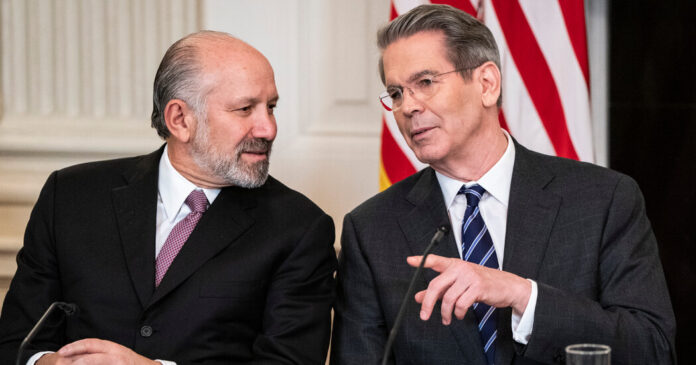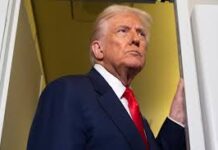The United States and China are locked in high-stakes negotiations this week as the deadline for a critical trade agreement rapidly approaches, raising fears of renewed tariffs and market disruption if no deal is reached.
Senior trade officials from both countries resumed talks in Geneva on Monday, seeking to buy more time and avoid the collapse of the fragile truce that has held since the last major deal was struck in 2020.
At the heart of the discussions are disputes over market access, intellectual property protections, and compliance with earlier commitments under the so-called “Phase One” trade agreement. U.S. officials accuse China of failing to meet purchasing targets for American goods, while Beijing argues that global economic turbulence, including the COVID-19 pandemic and geopolitical tensions, have disrupted trade flows beyond its control.
The urgency of the talks comes amid rising political pressure on both sides. In Washington, President Joe Biden faces increasing criticism from lawmakers and industry leaders who say the administration has not done enough to protect American manufacturing and technology sectors.
Meanwhile, in Beijing, the Chinese leadership is under pressure to stabilize its economy amid weakening exports, sluggish domestic demand, and a growing youth unemployment crisis.
While both sides remain far apart on key issues, negotiators are expected to announce a temporary extension of the current framework, allowing more time to reach a broader and more durable accord.
Such a move would likely be welcomed by global markets, which have remained jittery over the prospect of a renewed tariff war between the world’s two largest economies.
Analysts say that even a limited agreement or temporary reprieve would signal a willingness to avoid further escalation, especially ahead of upcoming political milestones, including the U.S. presidential election and China’s key economic policy meetings. Still, the clock is ticking, and the consequences of failure could be far-reaching.
Written By Ian Maleve



















